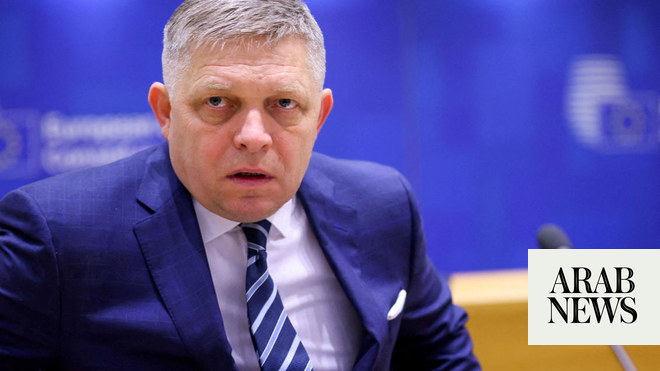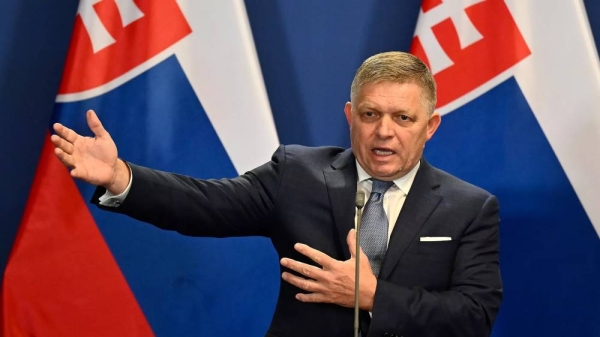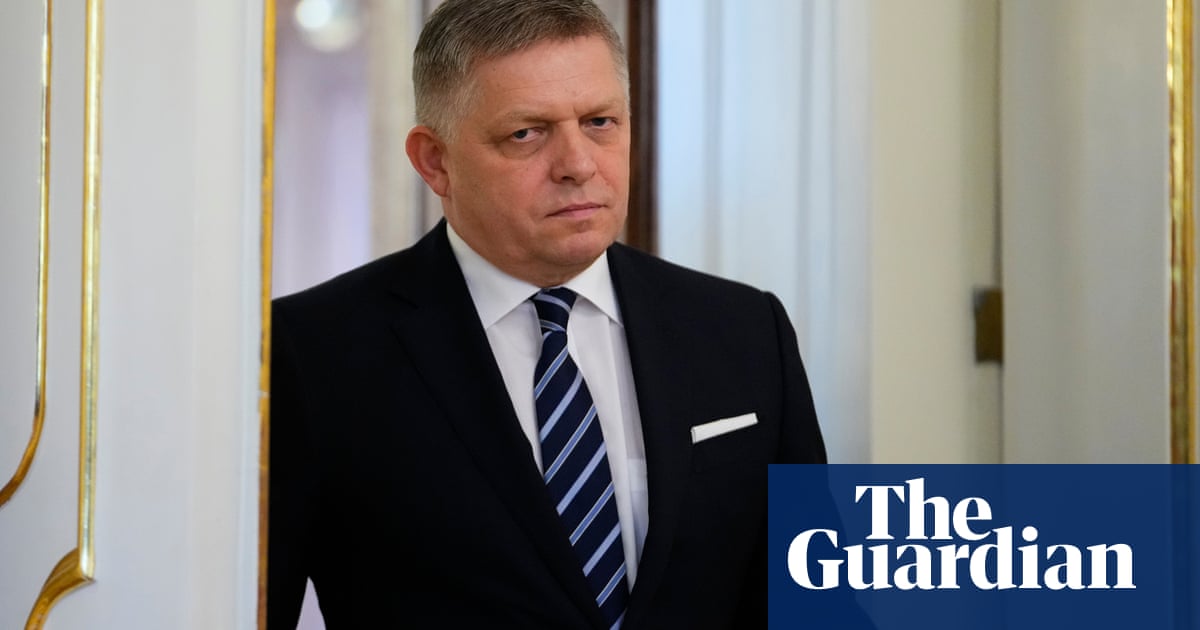
Slovakia’s president has asked Robert Fico, a populist, pro-Russian three-time former prime minister who campaigned on a promise to end military aid to Ukraine, to try to form a coalition government after his party came top in weekend elections.
President Zuzana Čaputová stressed on Monday that the new government would have to be one “which will serve all citizens”, saying the coming days would be “a time of political negotiation” not just between parties but between her and party leaders.
“The next few days will show which parties will be able to find a majority in parliament to support their coalition,” said Čaputová, a pro-western liberal who has a fraught relationship with Fico, whom she is suing for defamation.
Fico, whose Smer-SD party won nearly 23% of the vote and will have 42 seats in the 150-seat parliament, repeatedly attacked Čaputová during the election campaign, accusing her of being a puppet of the US and serving foreign interests.
The 59-year-old is expected to open negotiations with the moderate Hlas – a spin-off from Smer formed after Fico’s was forced to reign in 2018 amid mass protests over the murders of an investigative journalist and his fiancee – which finished third on 15%.
The third member of the coalition is thought most likely to be the nationalist, pro-Russian Slovak National party (SNS), which scored 5.6% and with which he has previously governed. That grouping would have 79 seats in the 150-seat parliament.
Analysis have said the Christian Democrat KDH party could prove an addition – or even an alternative – to SNS. The liberal pro-western Progressive Slovakia party, which came second on 18%, has said it will try to form a coalition if Fico fails.
Fico campaigned on pro-Moscow rhetoric that would shift Slovakia closer to Hungary in challenging the EU consensus on supporting Ukraine against Russia’s invasion – but Hlas, led by former Fico deputy Peter Pellegrini, would exert a moderating influence.
Fico reiterated on Sunday that he backed humanitarian and reconstruction aid for Ukraine but not sending more arms – although analysts have said this may have little impact since Slovakia’s stocks of spare weapons and ammunition are now low.
A Fico-led government would signal another turn away from political liberalism in central Europe, which could become more marked if Poland’s ruling conservative nationalist Law & Justice party is reelected later this month.
However, Slovakia’s ballooning budget deficit means the new Bratislava government is likely to see continued EU funding as essential to its success, making Fico less likely to seek conflict with Brussels and the country’s EU partners.
Analysts have also noted that in his previous terms as prime minister, Fico always managed to reconcile populist, nationalist rhetoric at home with a more pragmatic, pro-western approach on the European and wider Nato stage.












